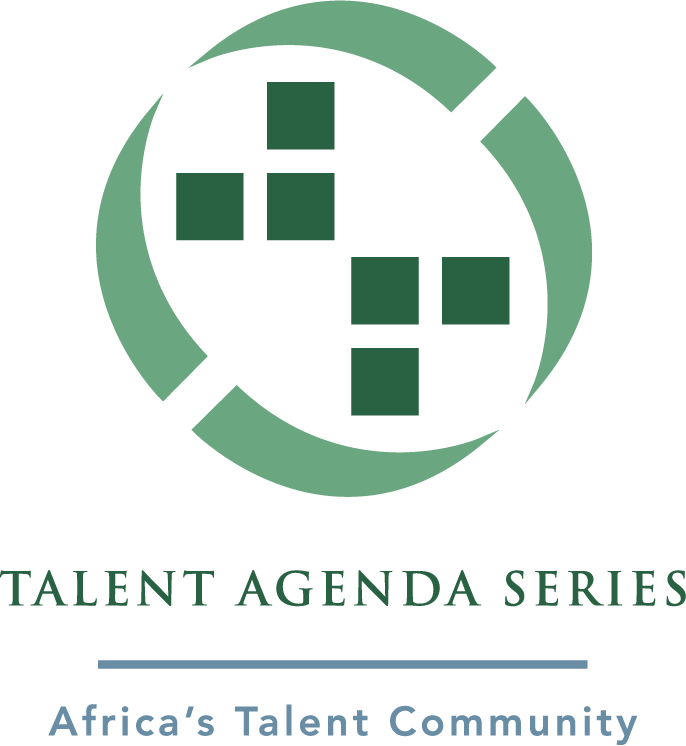Hackathons - Hack your way to the next top Millennial Talent
Hackathons. “What are they?” one might ask. Not a Wikileaks activity as might easily be assumed but instead the latest craze of millennial talent spotting sweeping the African continent. With companies such as CISCO and Barclays Africa Group looking to connect with top African talent through this innovative recruiting method, the Talent Agenda Series team thought it was high time to investigate these events further.
The origins of hackathons date back as far as 1999, when OpenBSD, a free and open-source Unix-like computer operating system, hosted an event aimed to attract up-and-coming developers to the business and advance software development. The premise is simple: participants are invited to take part in a 24-hour event with the aim to collaborate intensively on software projects with other computer programmers, graphic designers, interface designers, etc. There is often a competitive element to these events, with judges awarding the winning team cash prizes or even the possibility of a job.
This is where the recruiter comes in. Events such as these are a fantastic opportunity for budding professionals to showcase their talent to big businesses, all within a friendly, competitive environment. And they are not only suitable for software firms. Businesses across the spectrum are looking for ways to utilise hackathons for their own purposes. Major FMCG companies have been adapting these hackathons for their own usage: hackathon participants having to design and pitch a sales idea in a ‘board-room-style’ meeting.
Across the continent and across all sectors, these events are fast becoming the norm when looking to attract and showcase top millennial talent. One recent example took place in Johannesburg, South Africa: Mine.D, a mining-focused hackathon looking to improve health and safety practices in the mining sector. Managed by the University of the Witwatersrand, this hackathon examined the use of the technology (and Artificial Intelligence (AI) more specifically) in mining, not just in South Africa but throughout the Southern African region. Between 50 and 70 participants were chosen to pitch ideas of how to improve workers’ conditions through mixed reality, with three chosen to move forward to the final round. Lesley Williamson, CEO, Tshimologong Precinct, said that the top three entries were inspiring and very relevant to the health and safety of the mining environment: “I was impressed by the depth of knowledge and skill of the entrants. As we hoped, the results address very real issues and concerns within the mining environment and all utilise technology in innovative ways.”
In a sector where millennial talent is heavily male-dominated, companies are seeing hackathons as a way of providing a platform for up-and-coming female tech savvys. The GirlCode Hackathon, an annual hackathon occurring in Johannesburg, South Africa, is run by NPO, GirlCode, which aims to empower women through technology. The August event, which dovetails with Women’s Month, saw four IT students win a trip to Silicon Valley in the US, after a gruelling 48 hours creating a website called Amava, aimed at connecting volunteers with NGOs. Vice-chairperson of GirlCode, Jeanette Theu, said, “At most hackathons, the main incentives are cash prizes, international trips and bragging rights, but we believe that women would be more drawn to a more altruistic goal, projects that will make a difference to society as a whole.”
It would seem then that hackathons are the next step in millennial talent recruitment. Situational Judgement Tests or Personality Tests are becoming a thing of the past as employers turn to these innovative recruitment styles in order to witness first-hand an employee’s potential, in a live, competitive environment. Employers – watch this space!
